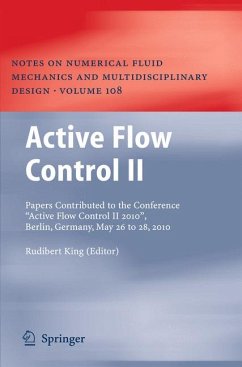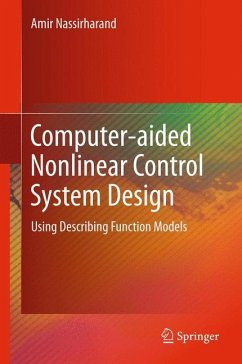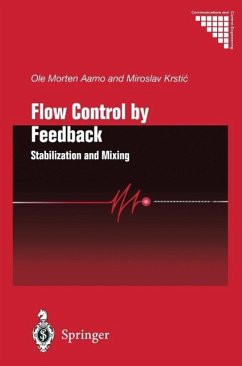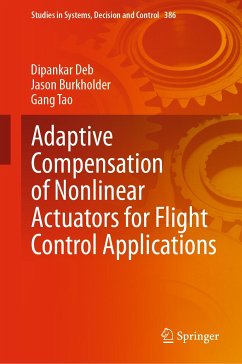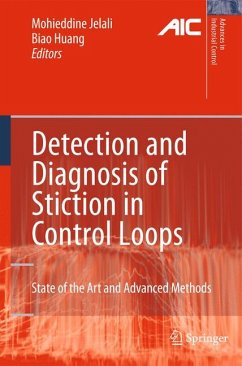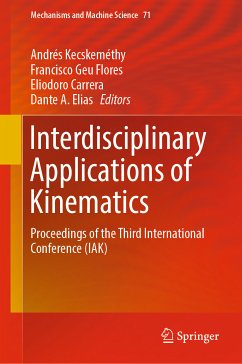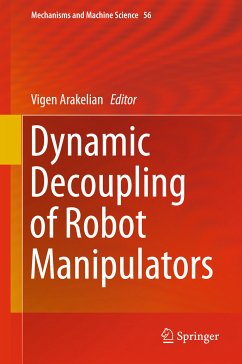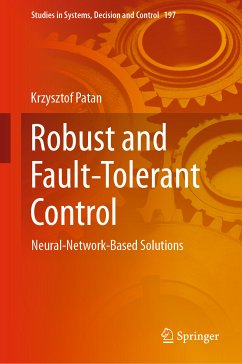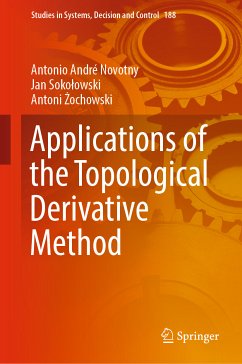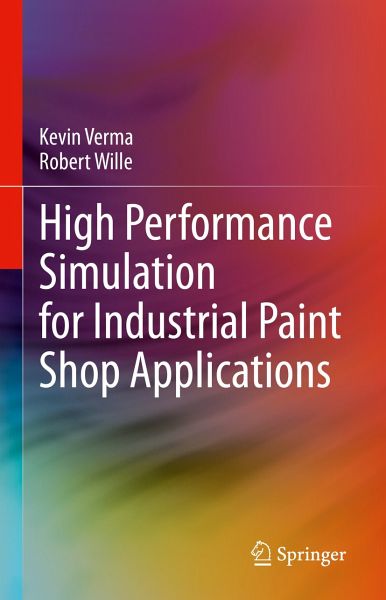
High Performance Simulation for Industrial Paint Shop Applications (eBook, PDF)
Versandkostenfrei!
Sofort per Download lieferbar
40,95 €
inkl. MwSt.
Weitere Ausgaben:

PAYBACK Punkte
20 °P sammeln!
This book describes the current state of the art for simulating paint shop applications, their advantages and limitations, as well as corresponding high-performance computing (HPC) methods utilized in this domain. The authors provide a comprehensive introduction to fluid simulations, corresponding optimization methods from the HPC domain, as well as industrial paint shop applications. They showcase how the complexity of these applications bring corresponding fluid simulation methods to their limits and how these shortcomings can be overcome by employing HPC methods. To that end, this book cove...
This book describes the current state of the art for simulating paint shop applications, their advantages and limitations, as well as corresponding high-performance computing (HPC) methods utilized in this domain. The authors provide a comprehensive introduction to fluid simulations, corresponding optimization methods from the HPC domain, as well as industrial paint shop applications. They showcase how the complexity of these applications bring corresponding fluid simulation methods to their limits and how these shortcomings can be overcome by employing HPC methods. To that end, this book covers various optimization techniques for three individual fluid simulation techniques, namely grid-based methods, volumetric decomposition methods, and particle-based methods.
Dieser Download kann aus rechtlichen Gründen nur mit Rechnungsadresse in A, B, BG, CY, CZ, D, DK, EW, E, FIN, F, GR, HR, H, IRL, I, LT, L, LR, M, NL, PL, P, R, S, SLO, SK ausgeliefert werden.



